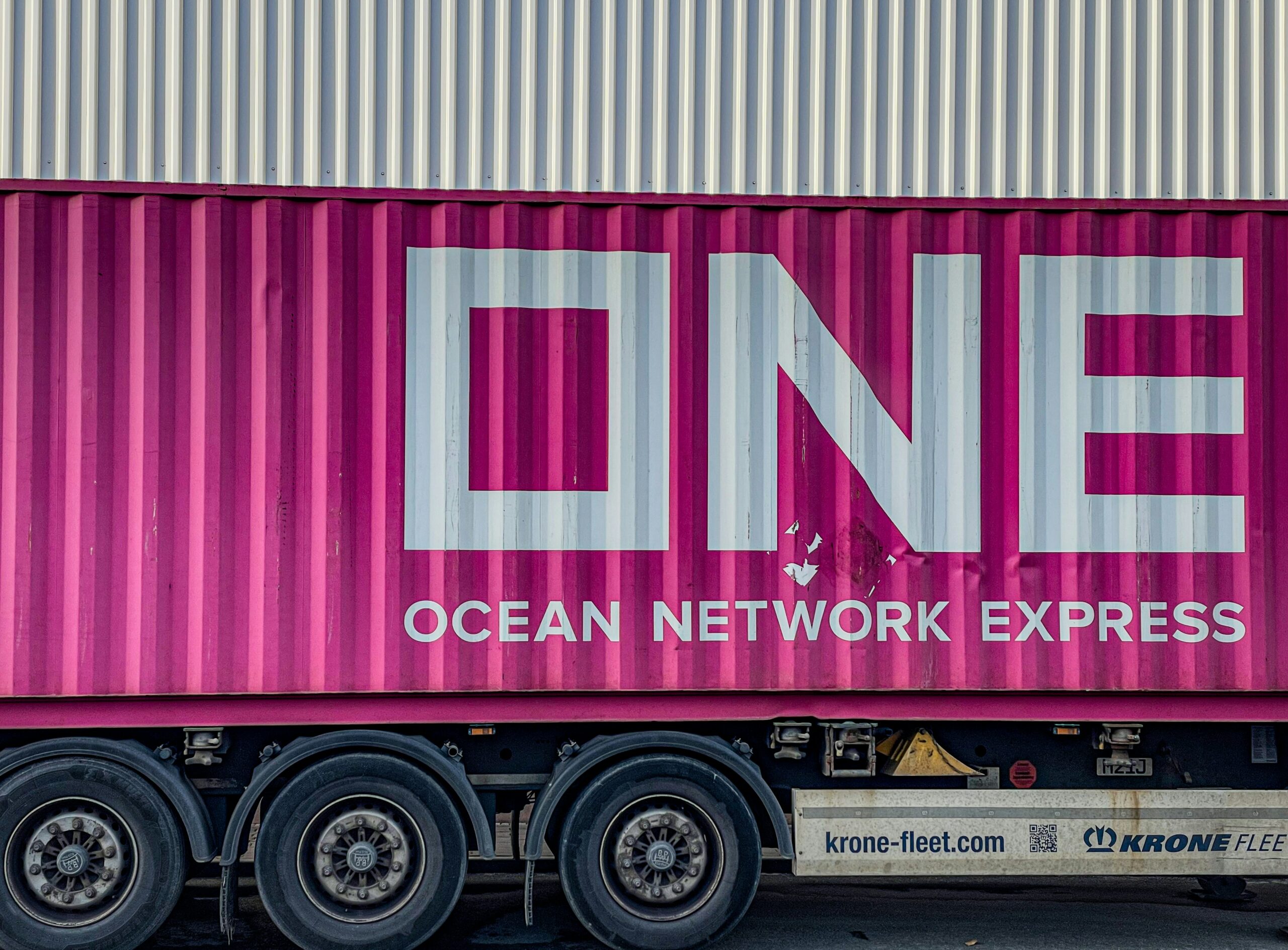Artificial intelligence: a revolution in supply chain management
Artificial intelligence is increasingly transformative in all parts of business, and is now revolutionizing supply chain management too. The supply chain, which encompasses all aspects of a company’s logistics and procurement, previously depended on linear, fragmented processes that one had to integrate manually. Now, thanks to new technologies, it is evolving, becoming a holistic, resilient, automated and efficient process. Here’s how.
Forecast optimization
One of the most important contributions that artificial intelligence makes in the supply chain revolution consists in optimizing forecasts of what the demand for a particular good will be. Thanks to Machine Learning, they have developed algorithms that analyze enormous volumes of historical and real-time data, identifying patterns that would not be visible to the naked eye and thus being able to predict demand more precisely. In this way, companies reduce waste and improve inventory management, responding more efficiently to changes.
Risk Management
Disruptions in a supply chain are more common than ever. If previously risk management was only carried out in a reactive manner, thanks to artificial intelligence it has become possible to do so in a proactive manner. In fact, AI tools monitor and analyze data from various sources, such as news, weather conditions, geopolitical reports, in order to identify risks, predict disruptions and intervene on them proactively, before they occur. In this way, companies can implement preventive measures and mitigate the negative impact of generally unexpected events.
Automation and optimization of operations
Artificial intelligence brings about a revolution in the supply chain also from the point of view of logistics and transport. In fact, thanks to new technologies, it is possible to plan routes and automate warehouses so that operations are more streamlined and efficient. AI algorithms analyze data on traffic, weather, costs, road conditions etc. and in this way they speed up deliveries and reduce delays. AI-powered robots also manage inventory and products with greater efficiency and precision than their human counterparts.
Generative AI and personalization
Generative artificial intelligence is a relatively recent innovation, which in its own way is bringing about a new revolution in supply chain management, giving the possibility of testing strategies and scenarios without running real risks. In this way, companies can experiment with new configurations of services, operations and processes to see which ones might work best, without actually putting any resources at stake.
Transparency and Traceability
Artificial intelligence, together with blockchain technology, improves traceability along the supply chain, thus reducing non-compliance in all sectors, but particularly in the food sector, which in this way guarantees a certain quality and origin of the products and estabilishes a climate of greater trust between consumers and producers. AI, in fact, can trace every production and distribution step, leaving no room for inaccuracies or illegalities.
Conclusion
We know that artificial intelligence is revolutionizing the entire global economy, and supply chain management is no different. By making these processes more resilient, adaptable and flexible, we will not only respond better to modern challenges, but we will ensure affordable prices and quality for all consumers, regardless of market conditions.


